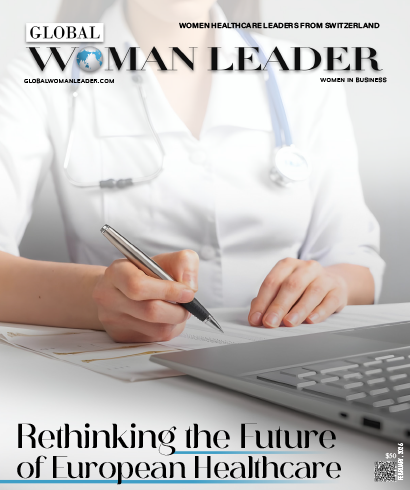- Sindisiwe Chikunga, Minister in the Presidency for Women, Youth and Persons with Disabilities, addressed the Global Conference on Financial Inclusion and Women Empowerment
- She called for a detailed, actionable agenda for women's financial wellbeing
Sindisiwe Chikunga, South Africa's Minister in the Presidency for Women, Youth and Persons with Disabilities, challenged world leaders meeting at the Global Conference on Financial Inclusion and Women Empowerment to create a sharp and concrete roadmap that focuses on women's financial health.
Addressing at the four-day conference, 6 to 9 May during South Africa's G20 Presidency, Chikunga emphasized the need for tangible action and real timelines in developing financial systems that are inclusive and equitable. Organized by the Department of Women, Youth and Persons with Disabilities (DWYPD), the event also saw the 2nd Empowerment of Women Working Group (EWWG), which sought to influence future G20 policy through a Guidelines Framework for mainstreaming women's priorities in economic reforms globally.
In her welcome speech, Sindisiwe established five priority pillars of financial inclusion: women's involvement in economic decision-making and leadership in policymaking; imposition of progressive fiscal reforms and remodeling of the international financial architecture; enhanced access to land and productive resources; dismantling of trade barriers based on gender; and enhanced access to financial capital and services.
She called for gender-responsive budgeting within government ministries, gender quotas in banks, and the establishment of advisory councils to enhance women's voices in economic decision-making.
Emphasizing the $1.7 trillion gap in global financing available to women entrepreneurs, Sindisiwe accused conventional banking systems of collateral demands that ignore the low rates of property holding among women and financial products that do not take into account women's business practices. She advocated for specialized women's banking solutions, widened credit schemes, gender-sensitive investment funds, and legislative reform of property laws to facilitate financial inclusion.
The minister also emphasized the utmost importance of the access to land and productive assets by women and stated that economic empowerment is not possible without the right of ownership. She called for the removal of legal, social, and cultural obstacles that prevent women from owning and managing productive assets.
Sindisiwe also called for initiatives to enhance the role of women in trade, especially in the context of the energy transition at the global level. Referring to the central position of Southern Africa in supplying minerals that are critical in clean energy, she underscored the importance of placing women at the center of value chain development and value addition in the energy sector.
Most Viewed
🍪 Do you like Cookies?
We use cookies to ensure you get the best experience on our website. Read more...
Copyright © All rights reserved. Global Woman Leader

.png)
